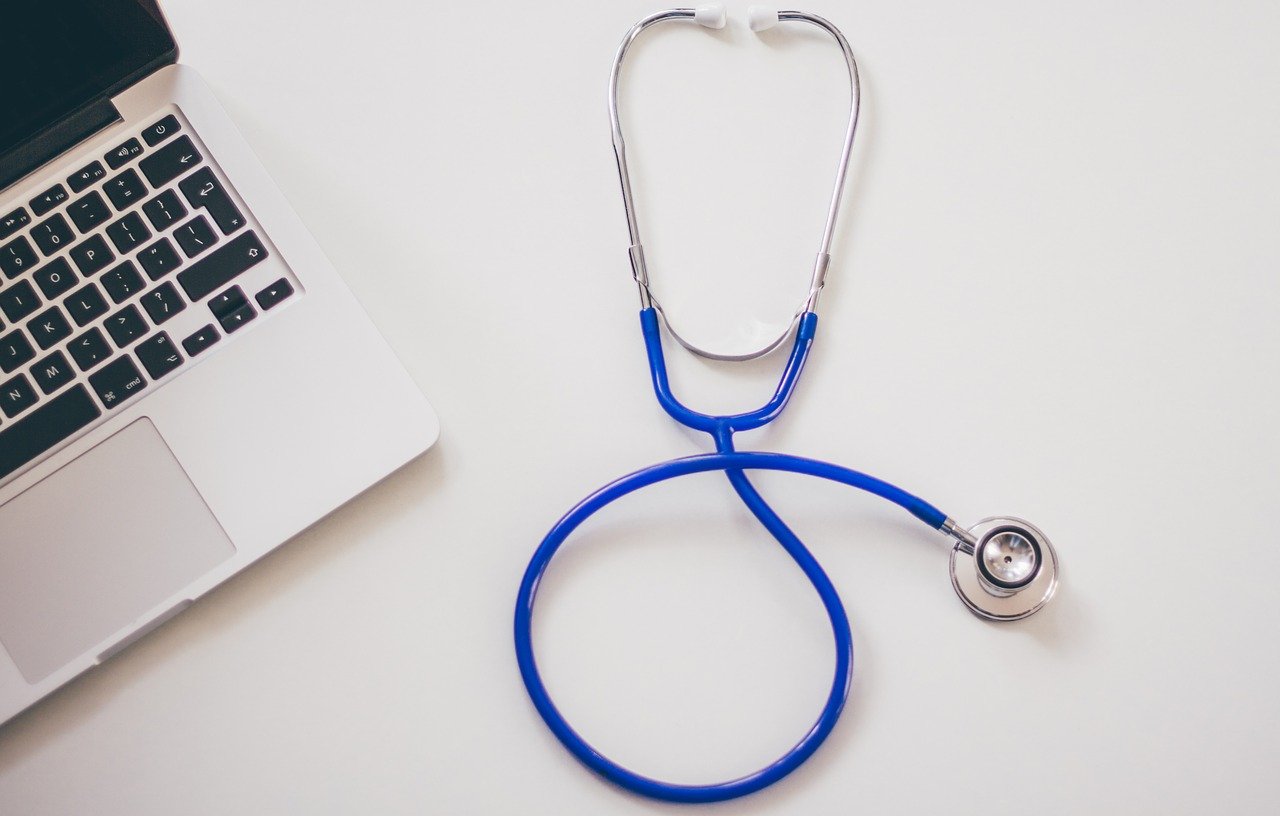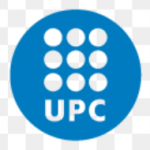
ΑΙhub.org
Facilitating early detection of disease and stimulating preventative medicine – a white paper

Researchers at institutions including the Intelligent Data Science and Artificial Intelligence Research Center (IDEAI-UPC), Barcelona Supercomputing Center (BSC-CNS) and the i2Cat Foundation have produced a white paper on AI and health. The document, which was recently presented in Barcelona, gathers proposals with the aim of accelerating the adoption of this technology in order to improve medical care.
Artificial intelligence (AI) in health offers diagnostic support which facilitates the detection of diseases and injury, and prediction of the effectiveness of a particular treatment and patient progress. AI could also open doors to preventative and personalised medicine, according to the white paper.
The document collects a selection of proposals that, between them, highlight the following: facilitating access to health data, the creation of test environments, and the promotion of public-private innovation. It also proposes long-term actions to aid the formation and retention of specialised talent, to raise awareness among the general public, and to combat resistance to change in the clinical environment.
Besides the opportunities that AI brings to the field of health in terms of planning and intervention guiding, the experts also highlight possibilities for monitoring, support systems, logistics, and hospital management. This is all considered within the context of an evolution towards preventive, predictive, personalized and participatory medicine.
According to Joan Mas, director of the Centre of Innovation for Data tech and Artificial Intelligence (CIDAI), “the writing of sectoral white papers is a central task for CIDAI, because it allows us to evaluate the degree of penetration of AI and information technologies in fundamental sectors for Cataluña, and it allows us to propose recommendations to promote innovative technology for the service of society”.
The document presents opportunities that AI offers for the health sector, and highlights the impact of COVID-19, “that [COVID-19] has highlighted the necessity of anticipating particular situations and giving quick targeted answers for the best management of the situation”, pointed out Marco Orellana, manager of CIDAI.
Researchers and other experts from the following organisations have contributed to the white paper: Intelligent Data Science and Artificial Intelligence Research Center (IDEAI-UPC), Barcelona Supercomputing Center (BSC-CNS) and the i2Cat Foundation, Eurecat, Centre of Innovation for Data tech and Artificial Intelligence (CIDAI), the Centre for Computer Vision (CVC), Microsoft, NTT Data, SDG Group, the Generalitat of Cataluña, Barcelona city council, Vall d’Hebron hospital, Parque Taulí University hospital, Trueta hospital, CatSalut, Methinks and ICS-Catalunya central.
The health sector in Cataluña
According to BIOCAT, the life- and health-sciences sector in Cataluña comprises 7.3% of the GDP, with 3.5% for the life-sciences and 3.8% for health services.
The Catalan ecosystem comprises more than 1200 businesses, 280 of which are related to digital health, 156 are suppliers and engineers, and 198 are professional and consulting businesses. There are also 89 research institutions, which includes research centres, university hospitals, technology and science parks, universities, and technology centres.
In the field of AI, in Cataluña there are a total of 179 businesses, of which 63% are small-medium enterprises and start-ups, that develop their activities around AI technologies, with an annual turnover of 1,336 million euros, employing 8,483 professionals.
This article has been translated. You can read the original Spanish version here.









